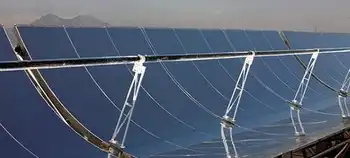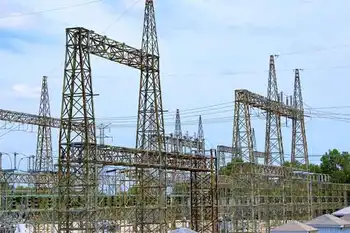FERC gives US utilities more time to join RTOs
- WASHINGTON - The U.S. Federal Energy Regulatory Commission on Wednesday dropped its Dec. 15 deadline for utilities to create four vast regional transmission organizations (RTOs) and said it would give each region more ime.
The four planned RTOs are intended to avoid a repeat of the power crisis in California last winter, in which the antiquated U.S. grid prevented more power from flowing into the state.
FERC, which oversees the nation's power grid operators, had previously ordered utilities in the Southeast, Northeast, Midwest and West to combine their assets into for-profit RTOs by the end of this year.
"It's not possible for all RTOs to be in operation by the Dec. 15 deadline," Commissioner Pat Wood said during a regularly scheduled FERC meeting.
Wood endorsed what he described as a "progressive but measured timeline" that will take a region-by-region approach to RTO development. The commission did not set any specific deadlines for each region.
The commission dropped the deadline after holding a week-long meeting last month in which several state utility regulators complained that the agency was moving too quickly and had left states out of the rulemaking process.
FERC also promised at the week-long meeting to prepare a formal cost-benefit analysis of RTOs for states and consumers, after some states raised concerns that the costs did not justify the benefits.
The New York Independent System Operator (ISO) recently released its own cost-benefit study, which asserted the creation of a large Northeastern RTO could boost consumer power bills by some $90 million a year. The non-profit New York ISO would also be put out of business by a regional for-profit RTO.
However, a separate study by energy firm Mirant Corp , a supporter of RTOs, concluded that a Northeastern RTO would save consumers $440 million annually.
Under FERC's RTO plan, each region would combine public utility transmission facilities to provide open access, more reliable power and lower rates for consumers.
Some traditional utilities have been hesitant to join RTOs because they will lose some control over the rates they charge other companies to use their power lines.
Related News

U.S. Senate Looks to Modernize Renewable Energy on Public Land
WASHINGTON - The Senate unveiled its version of a bill the House introduced in July to help the U.S. realize the extraordinary renewable energy potential of our shared public lands.
Senator Martha McSally (R-AZ) and a bipartisan coalition of western Senators introduced a Senate version of draft legislation that will help the Department of the Interior tap the renewable energy potential of our shared public lands. The western Senators represent Arizona, New Mexico, Colorado, Montana, and Idaho.
The Public Land Renewable Energy Development Act of 2019 (PLREDA) facilitates siting of solar, wind, and geothermal energy projects on public lands, boosts funding for…




